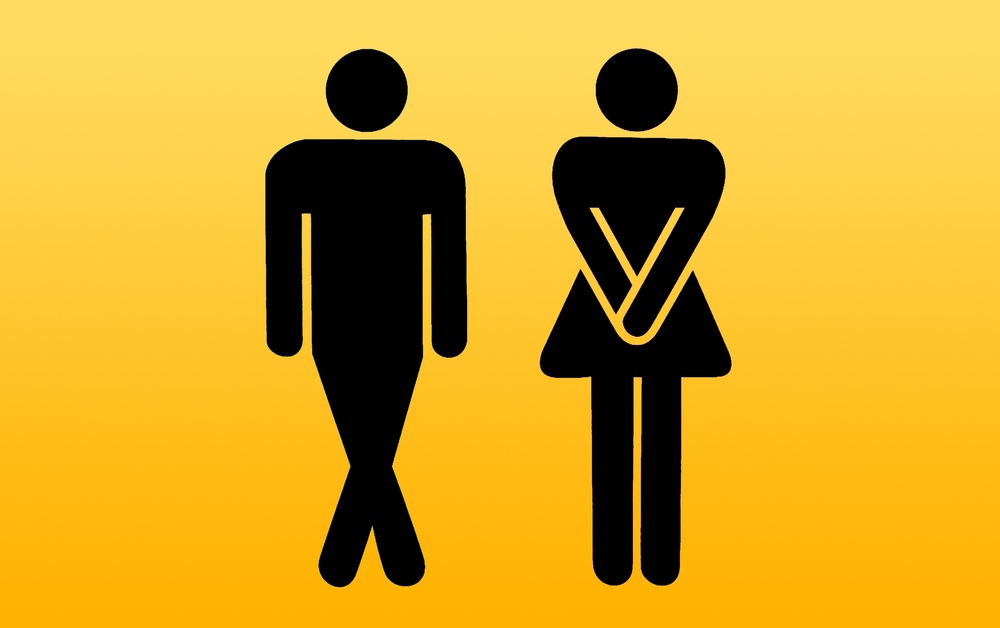Incontinence Treatment Toronto is needed when there is a loss of voluntary control over the urination which happens when coughing, sneezing or laughing or due to any form of physical exertion like running and jumping. If you have been suffering through this, then here is all that you need to know about Stress Urinary Incontinence.
Why does it happen?
Women are usually the one who is affected by Stress Urinary Incontinence. It happens when the anatomy of the female body goes through a drastic change which could be due to vaginal childbirth, weight gain or even ageing. Experiences like these can cause the muscles and tissues present in the pelvic floor to weaken, which ultimately leads to the urethral closure mechanism which controls the urination. Both the bladder and urethra are supported by the pelvic floor muscles. When the muscles are weakened due to vaginal deliveries or other causes, the abdominal and pelvic muscles are exerted which in turn apply pressure on the bladder and causes urine leakage.
What are the different types of treatments available?
There are various treatments which are available for SUI.
- Behavioural Therapy: involves making changes in lifestyle which can help to reduce the frequency of the urine leakage, but it doesn’t cure the condition. Altering the amount of fluid intake, urinating more often, avoiding certain physical movements which trigger leakage and including more fibre in your diet is just some of the changes made into your life by the behavioural therapy. It is crucial that you quit smoking, drinking alcohol and caffeinated drinks as they are diuretics and increase the urge to urinate. The modification in behaviour differs from patient to patient depending upon their health and severity of the condition. For example, patients who are diabetic are asked to lose excessive weight and practice strict control over their blood glucose levels.
- Medication: is available as a treatment option for those suffering from mild to moderate cases of stress urinary incontinence. Anti-cholinergic medications are usually prescribed to help relax the muscles in the bladder. Anti-muscarinic drugs are also prescribed to block the bladder contractions. Other medications like beta-agonists and anti-depressants are also prescribed as muscle relaxants.
- Physical Therapy: Exercises can be used to strengthen the muscles and tissues present in the pelvic floor. Exercises like biofeedback and Kegels are really helpful. Biofeedback helps to train the individual to learn, identify and control the pelvic floor muscles, which helps those suffering from SUI to regain control over urination. Kegel exercise helps to maintain and build stronger muscles around the urethra and vagina.
Book your appointment
If you are experiencing the symptoms of Stress Urinary Incontinence, then it is crucial that you share your concerns with your gynaecologist. Schedule an appointment with the gynaecologist. They will discuss various options available to you in order to combat the situation.
